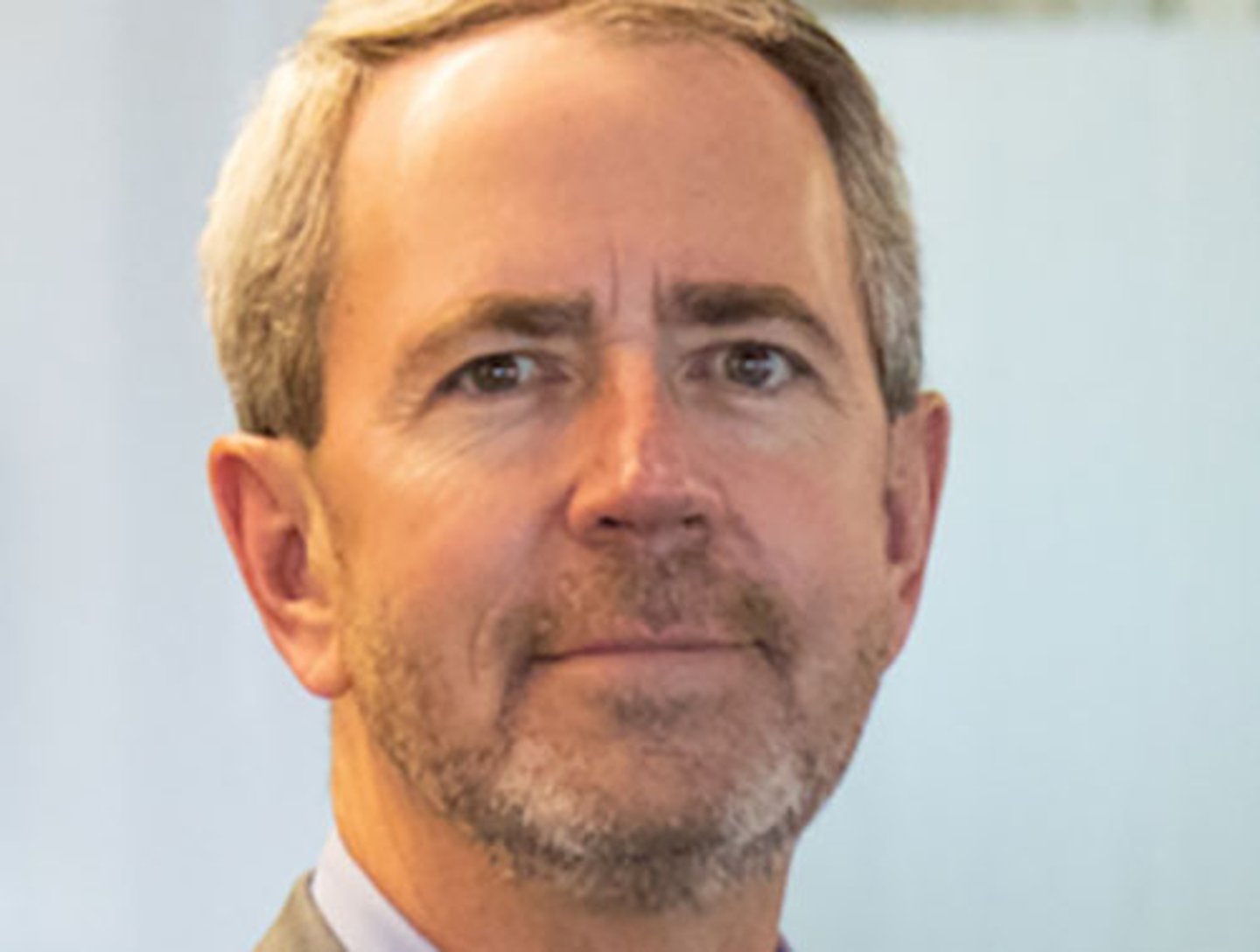5Qs for Mark Kinnare on how COVID-19 affected retail refreshes
This year, Sevan Multi-Site Solutions completed the refreshing of its 21,000th retail space for clients that included Albertsons, Walmart, and Jiffy Lube. But a lot of the services being performed by the construction services company this year went in sudden new directions dictated by the COVID-19 pandemic. We asked Sevan’s senior VP of operations, Mark Kinnare, to tell us how things changed.
What happened to your business when the store shutdowns started being enforced back in the spring?
Work didn’t really stop in the beginning. Even as stores shut down. After three or four weeks, though, chaos ensued and we were gathering information and playing out all these scenarios. What if we had to shut down? What if we keep going? What if the state decides this is an essential business? We internally developed a tool called Slingshot to bring it all down to the local level.
Did many national chains cancel store refresh plans? How and when did this change?
We had clients with national programs and dollars to spend, but we’d have to pause and contact the supply chain to see what materials would be available. We had to go to the contractor base and find ask them, “What is your business continuity plan? What if an eight-hour shift moves to 12 and you have to work at night?” Some of the GCs were stressed to the breaking point and schedules weren’t being met. This kind of environment exposes what you’re good at and it exposes the cracks and the risks. It’s going to challenge the construction trade just like it’s challenged the retailers. Some hadn’t invested a lot in omnichannel, but this experience taught a lot of them that they’ve got to make investments.
Did the nature of work orders change?
Yes. If you had a national chain with five or 10 thousand locations, they needed a common solution for signage and things like plastic shields at checkouts. We had to jump into that space very quickly. One fortunate thing there was that state standards were pretty much all the same. There were some differences, of course. In New York, Governor Cuomo wouldn’t let malls open without new air filtration systems. But we’ve been able to figure out on the fly how to deal with some things that were specific to just one state.
What's your business like now? Has COVID-19 established requirements for retail builds that will endure?
It’s made some rather sudden changes. You have huge national QSR chains and grocers that all have paperless hand driers in their restrooms. Now people are saying you have to take all of those out and put paper back in, because machine’s blowing air in restrooms are going to blow virus germs around. Bathrooms are quandaries. How do you get in and out of a bathroom without having to grab a handle? So we have to re-think handles and the materials we’re using to make them. How do I pay contactless at a terminal if I don’t have a credit card? How can I shop and get out the door and not interact with anybody? A lot of this stuff is kind of sticky.
What should multi-site retailers be thinking of now and in the years ahead?
You can’t go through anything like this without understanding the effect it has on everyday life. Part of what we do is program management. We want to help retailers control as much of that as they can. The narrative has changed. We have to be nimble and agile and deal with the cards being dealt to us.


